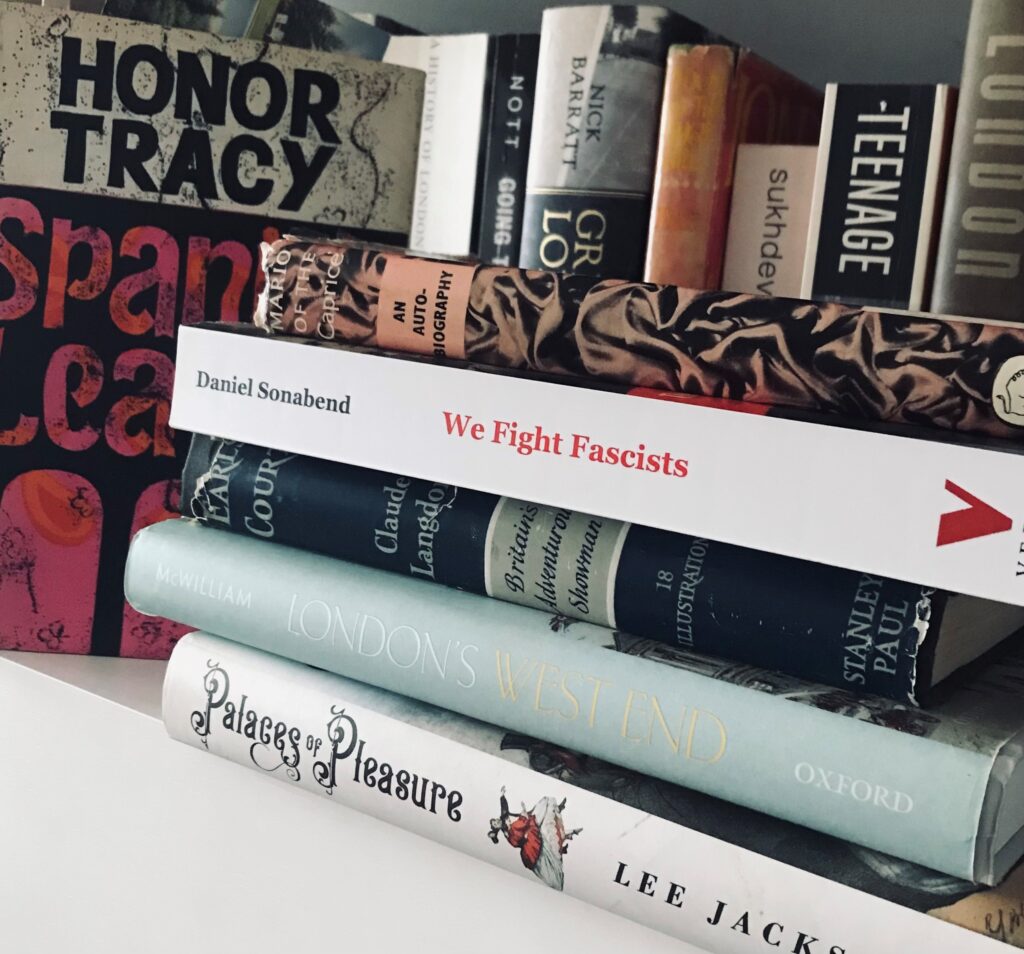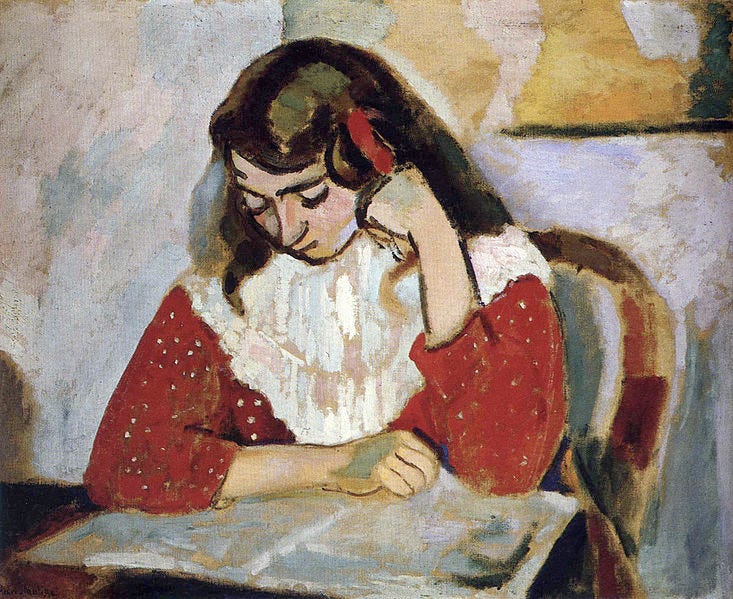Volume 3
During the month of August we will be sharing summer reading lists, experiences, and suggestions from the IHR community. If you’d like to share your own, please Tweet (X) us @ihr_history.
In this blog, we hear from IHR Associate Fellow Michelle Johansen.

My to-read books sit in a pile on a footstool beside our sofa.
At the moment the pile includes a couple of issues of Cultural and Social History as well as:
- Daniel Sonabend We Fight Fascists (2019)
- Martin Daunton The Organisation of Knowledge in Victorian Britain (2005)
- John Kirk and Christine Wall Work and Identity (2011)
- Alan Kidd Manchester (Town and City Histories) (2002)
I’ll also be catching up with my e-reading list, including Laura Carter’s Histories of Everyday Life (2021) and Heidi Egginton and Zoe Thomas (ed.) Precarious Professionals (2021).
I’m expecting We Fight Fascists to deepen my understanding of fascism and anti-fascism in 20th-century London (a topic that regularly features in my teaching at Bishopsgate Institute, whether that’s as part of social history courses on East End Lives or political courses on protest and radicalism). The remaining titles are part of the secondary reading for a biographical history of public libraries, a monograph which I’m preparing for submission to publishers. I anticipate that these titles will make important contributions to passages on regional identity, self-education, and work and social mobility.
For fun, I’ll be reading some recent charity shop finds. These include Edna O’Brien Casualties of Peace (1966), E.F. Benson The Blotting Book (1908), Stella Gibbons Nightingale Wood (1938), and Honor Tracy Spanish Leaves (1964). Spanish Leaves opens “One year I took a cottage with a garden on the coast of Andalusia and lived there for six months…” so I’m hoping Tracy’s travel memoir will provide some much-needed escapism as I won’t be having a holiday over the summer.
Dr Michelle Johansen is an Associate Fellow at the Institute of Historical Research. Michelle is a heritage practitioner and social historian. She’s writing a biographical history of British public libraries in the long nineteenth century.

